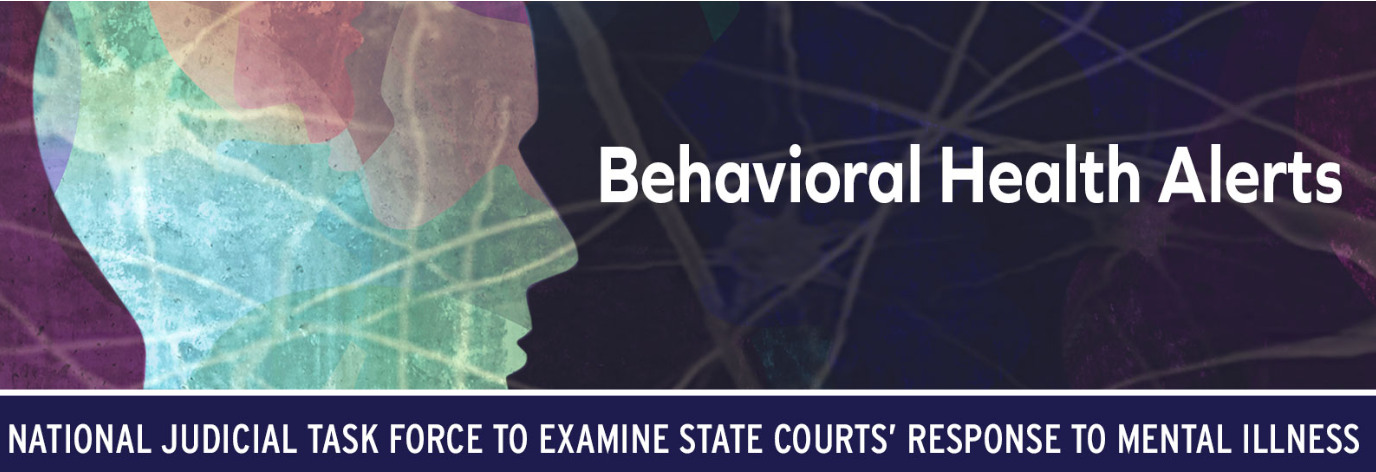Over the past decade, the Kansas Judicial Branch has used SJI grants to accomplish many of its objectives, including improving its workforce and commencing access to justice initiatives. In FY 2016, an SJI grant (SJI-16-T-149) enabled the Judicial Branch to contract with the National Center for State Courts (NCSC) for an independent assessment of job classifications and rates of compensation for employees and district magistrate judges. The results were astonishing:
- Every employee job classification was 4.6 percent to 22.2 percent below market;
- Nine job classes, covering more than one-quarter of all employees, had a starting salary below the Federal Poverty Guideline for a family of four;
- Two classifications, (Trial Court Clerk II and Court Services Officer I), comprising approximately half of the Judicial Branch’s positions, were 17.8 percent below market.
- Nearly one-third of employees were working more than one job to make ends meet, and many more were looking for additional work outside the Judicial Branch for the same reason.
The NCSC updated the study in 2018, and calculations were revised the following years using the Consumer Price Index to account for market adjustments.
The salary issues were due to chronic underfunding of the Kansas court system. During one stretch, Kansas judges did not receive a pay increase for nine years, and employee position pay was not increased for eight years, except for a one-time 2 percent cost of living increase which was offset by increased employee benefit contributions. The SJI-funded classification and compensation study illustrated how significantly below market employee positions were, and provided a solid, independent basis for the Judicial Branch’s efforts in working with the Legislature to provide adequate funding for salaries. The Legislature recognized the situation and began annually increasing employee salaries to bring them to market rate.
In 2019, the Legislature appropriated a 5 percent increase to the Judicial Branch’s employee pay pool, which enabled the Supreme Court to allocate raises in proportion to the compensation study. The Legislature also appropriated 2.5 percent increases in 2018 and 2020. During the 2021 legislative session, the Legislature appropriated funding over two years to raise Judicial Branch employees to market rate, in accordance with the compensation study. That same year, the Legislature provided judges with 5 percent salary increases for fiscal years 2022 and 2023. During the 2022 session, the Legislature appropriated a 5 percent across-the-board increase for employees and judges for a cost-of-living adjustment. The impact of these increases is staggering. For the first time in decades, employee positions are at or near market pay and judges salaries are moving toward competitiveness.
A weighted caseload study for judges and clerks was initially performed by the NCSC in 2011. Because this caseload study provided valuable data, the Judicial Branch continued working with the NCSC on updates for judges, clerks, and administrative assistants. While this project was not supported with SJI funding, the Judiciary used the results as a basis for requesting and receiving additional positions in FY 2022. This project, in addition to the compensation study, provided adequate compensation figures for the positions contained in the weighted caseload studies.
The Kansas Judicial Branch has relied on SJI grant-funded projects for more than its salary efforts. Other successful projects supported by SJI over the years include:
- A 2019 NCSC performance audit of services to self-represented litigant needs and services (SJI-19-T-031). The audit included several site visits around the state, and detailed surveys of system stakeholders. The results of the audit include a report providing a roadmap for expanding the reach and impact of self-help services in Kansas. The Kansas Office of Judicial Administration, in conjunction with the Kansas Supreme Court’s Access to Justice Committee, has already made considerable strides toward implementing many of the report’s recommendations.
- A 2012 review of court collections processes, which resulted in legislative changes including the transfer of court collections contracts oversight from the Kansas Attorney General’s Office to the Judicial Branch.



